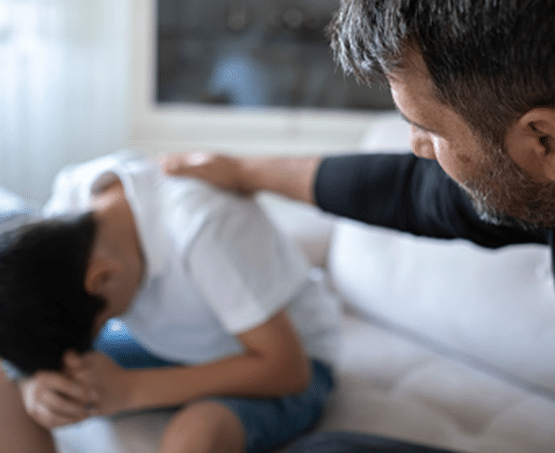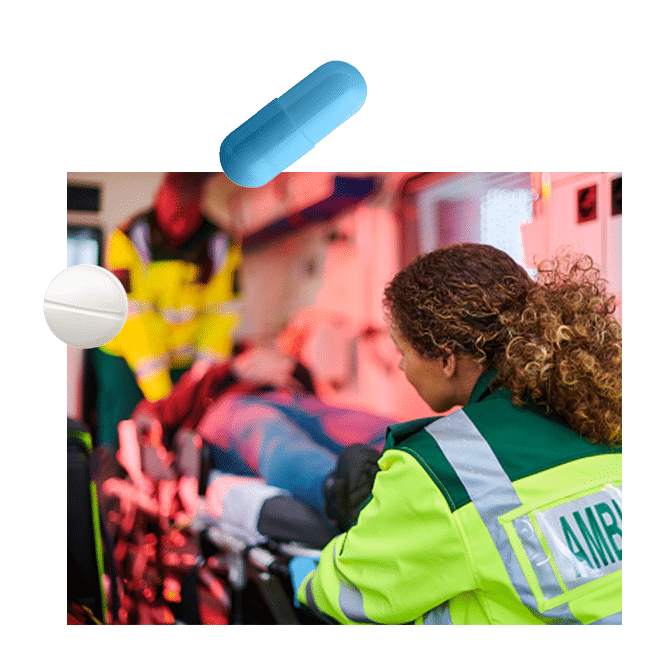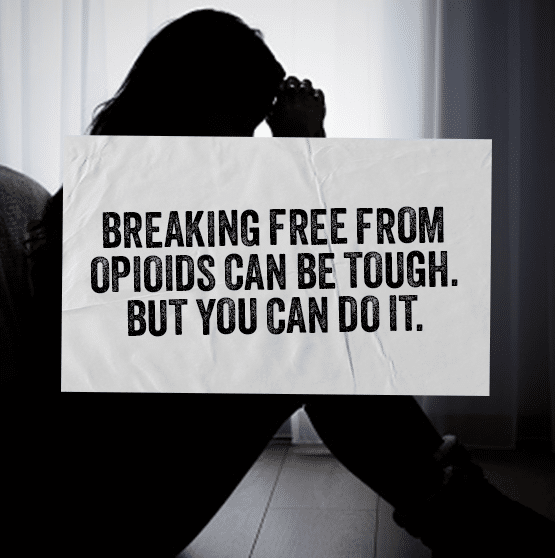An opioid overdose requires immediate medical attention. Call 911 immediately if you or someone you know exhibits any of the symptoms.
×
- Substances
- Dangers
- Naloxone
- Community Care
- How to Help
- Road to Recovery
- Videos
- About Us
- Resources
An opioid overdose requires immediate medical attention. Call 911 immediately if you or someone you know exhibits any of the symptoms.
Substance use disorders can be hidden and often get worse until they are hard to manage.
Knowing the signs of substance use disorder can help you support someone who is struggling and yourself.


When talking and offering support, keep in mind:
Before helping others, it is important to take care of yourself. Helping someone with substance use can be hard and tiring. Whether you or someone you know is struggling with substance use, look for ways to practice self-care.
Remember, you do not have to carry the weight of everyone’s problems. Focus on your mental and emotional well-being. Take a breath, enjoy a walk, practice acceptance, or visit with friends.
There are resources and groups to support your role in this journey. Support groups like Al-Anon and Nar-Anon are available to help you. These resources provide a safe space to share your feelings and get advice from others who understand.
Taking care of yourself helps you support others.

If you think someone close to you is misusing substances, it is good to carry naloxone, often known by the brand name NARCAN®. Naloxone can reverse overdoses and save lives if used in time.
You can save a life by having naloxone and knowing how to use it.
Resources
Know the Substances
Learn More
Resources
Know the Dangers
Resources
Know the Resources
Learn More
Resources
Know the Facts
Learn More
Resources
Know the Signs
Learn More
Resources
Know the Resources
Learn More
Resources
Know the Stories
Learn More
Resources
About Know the Dangers
Learn More
Resources